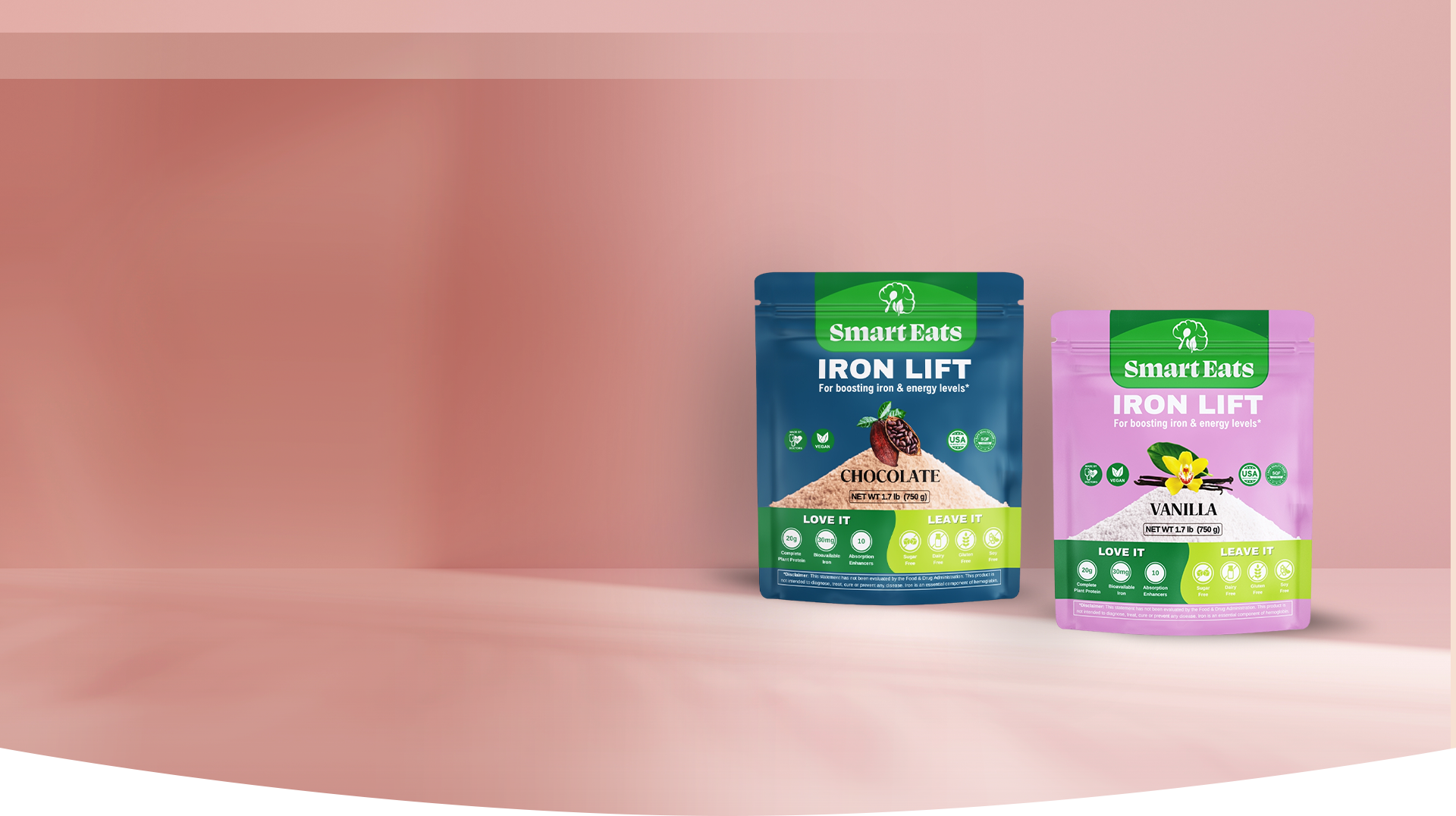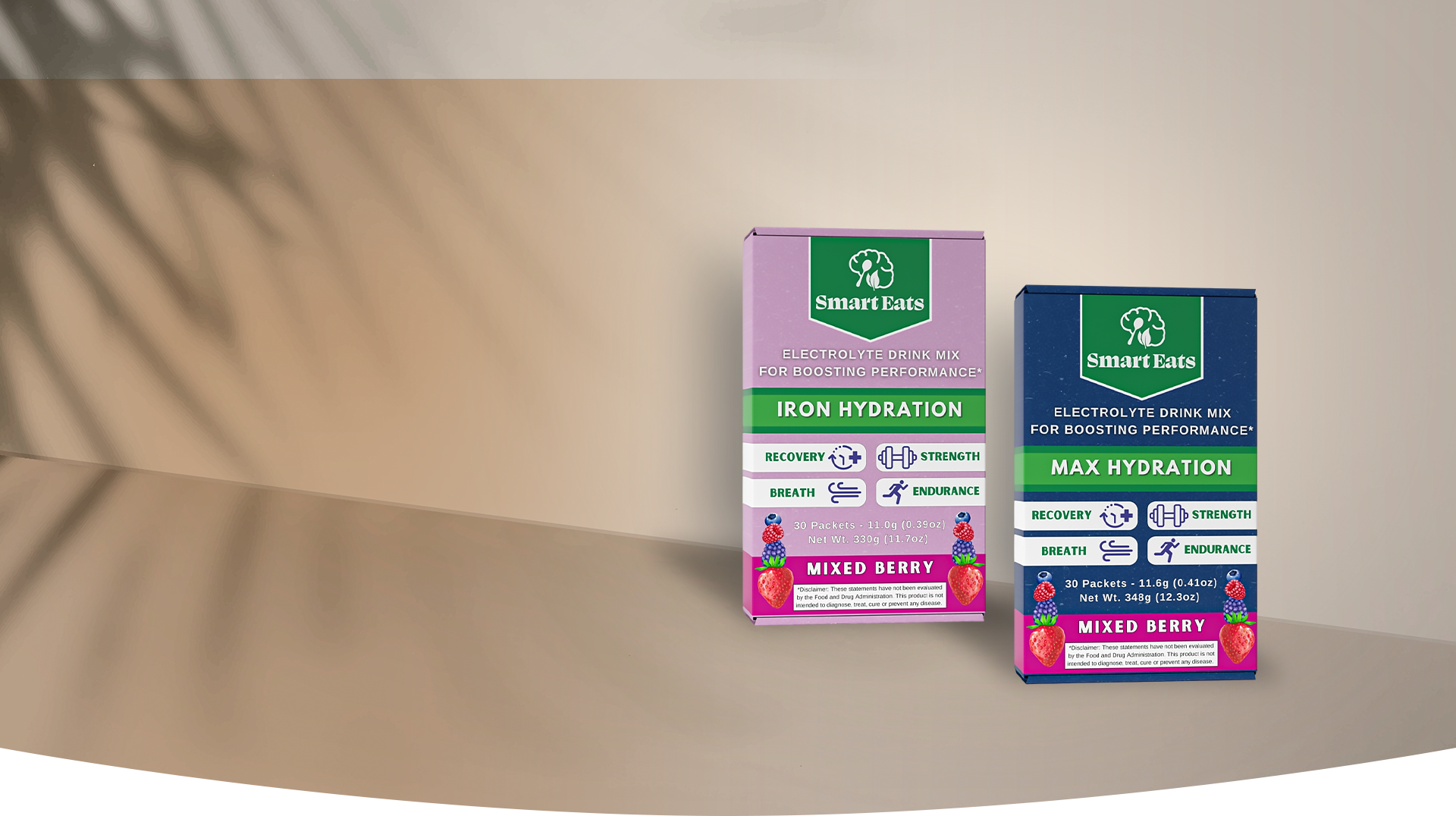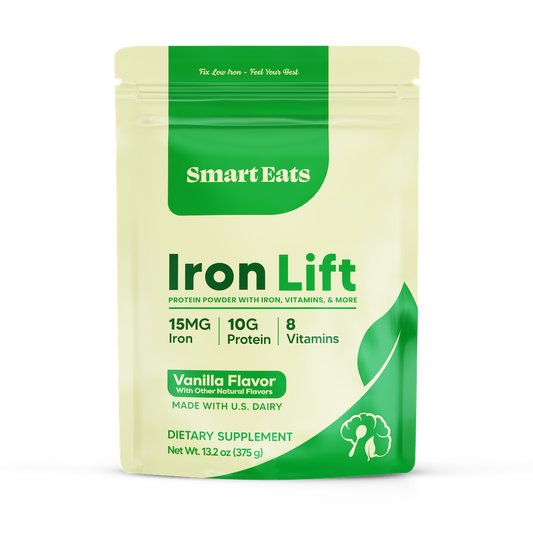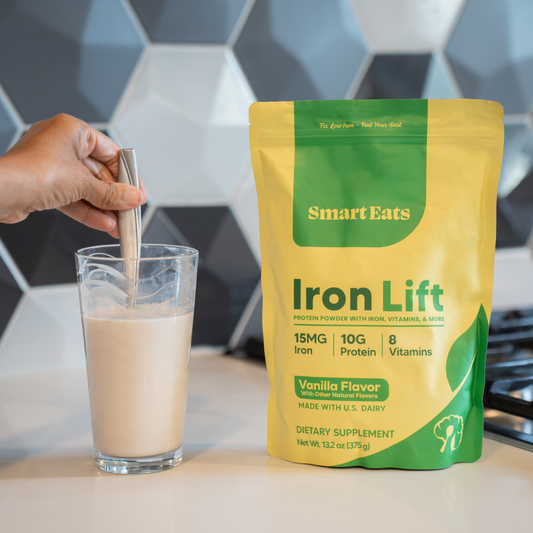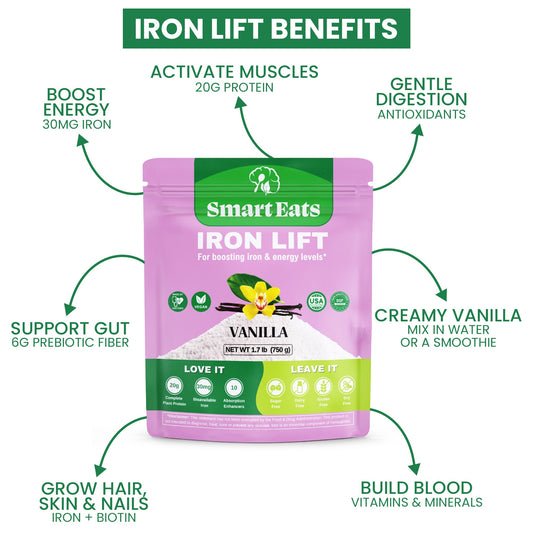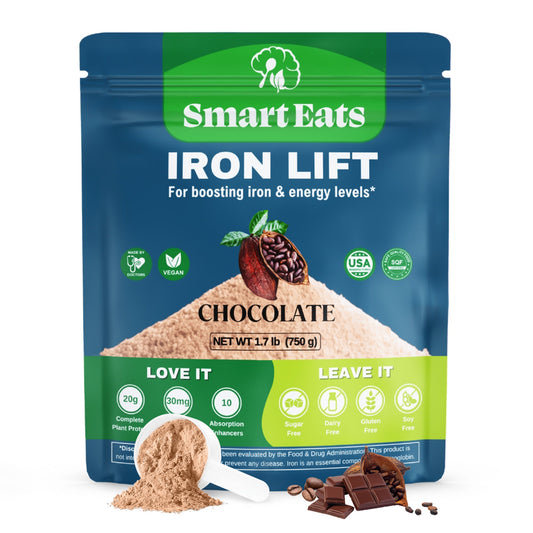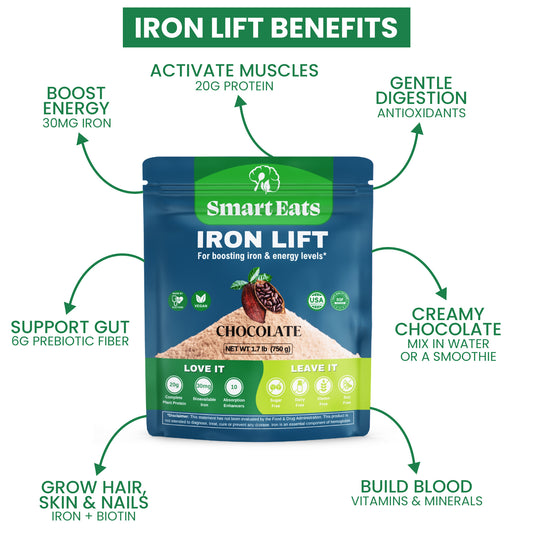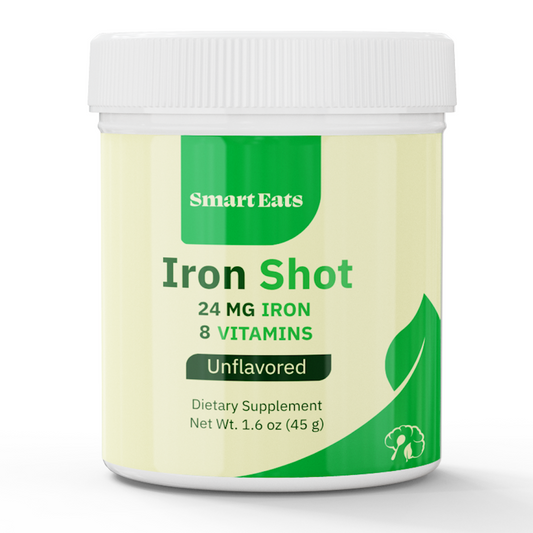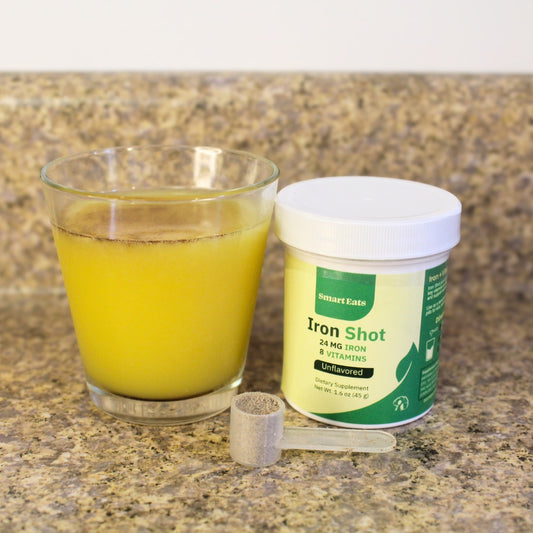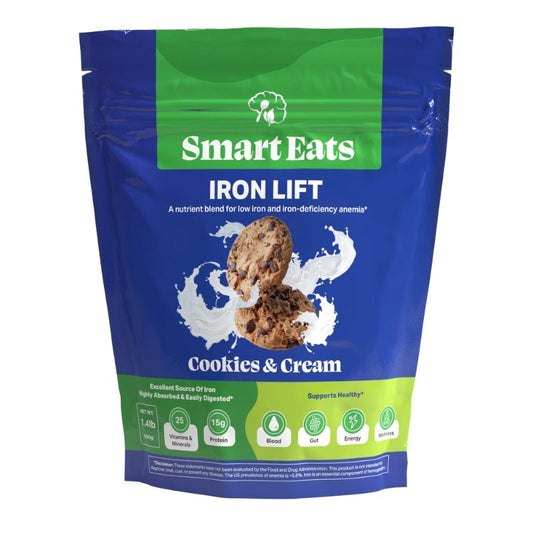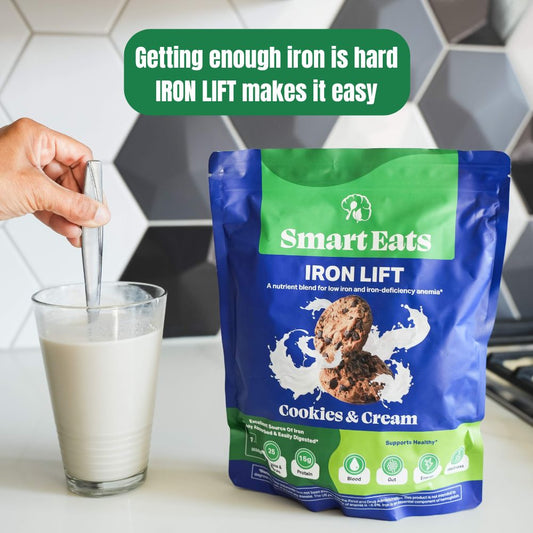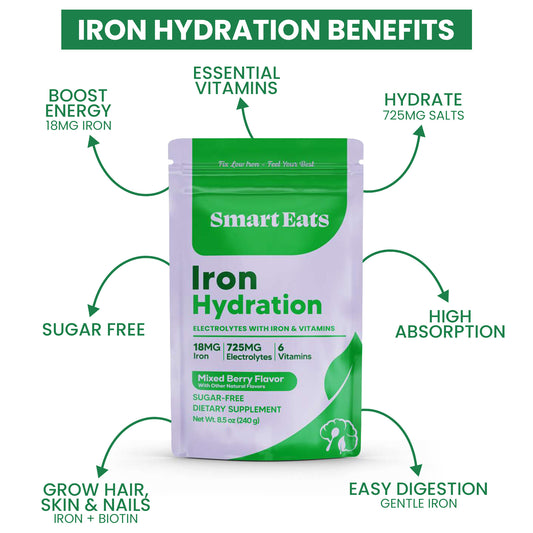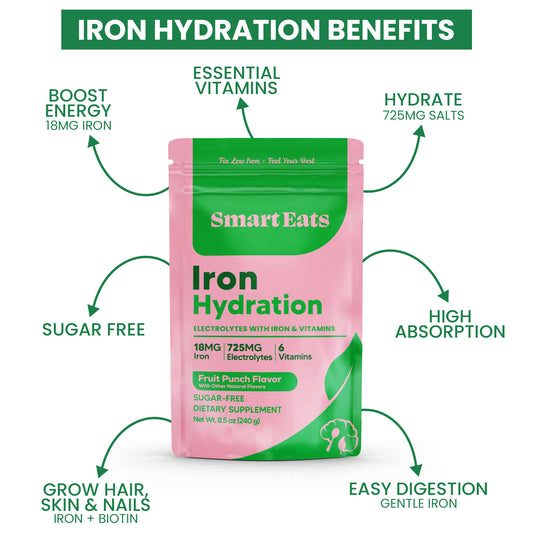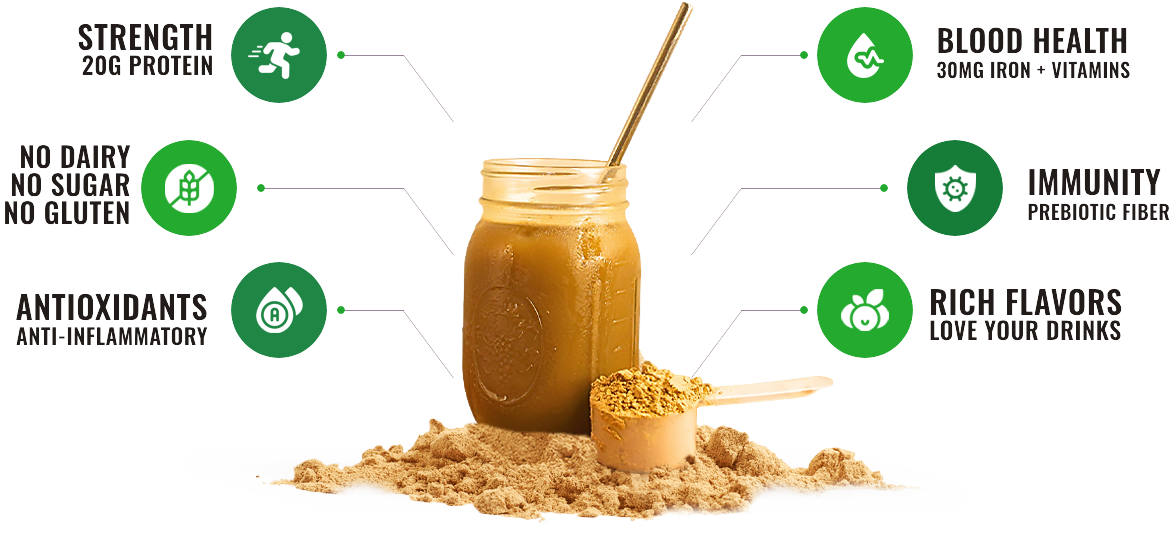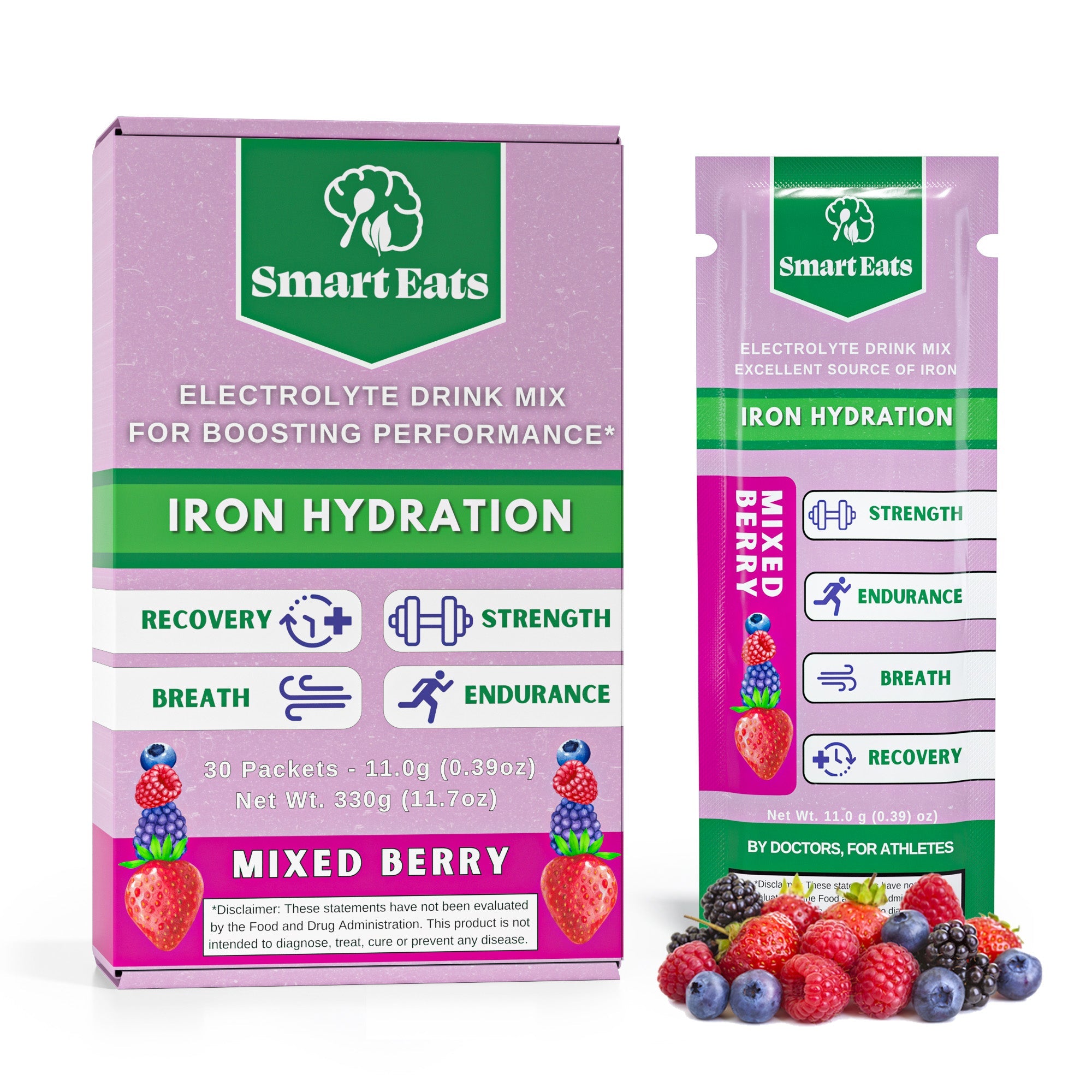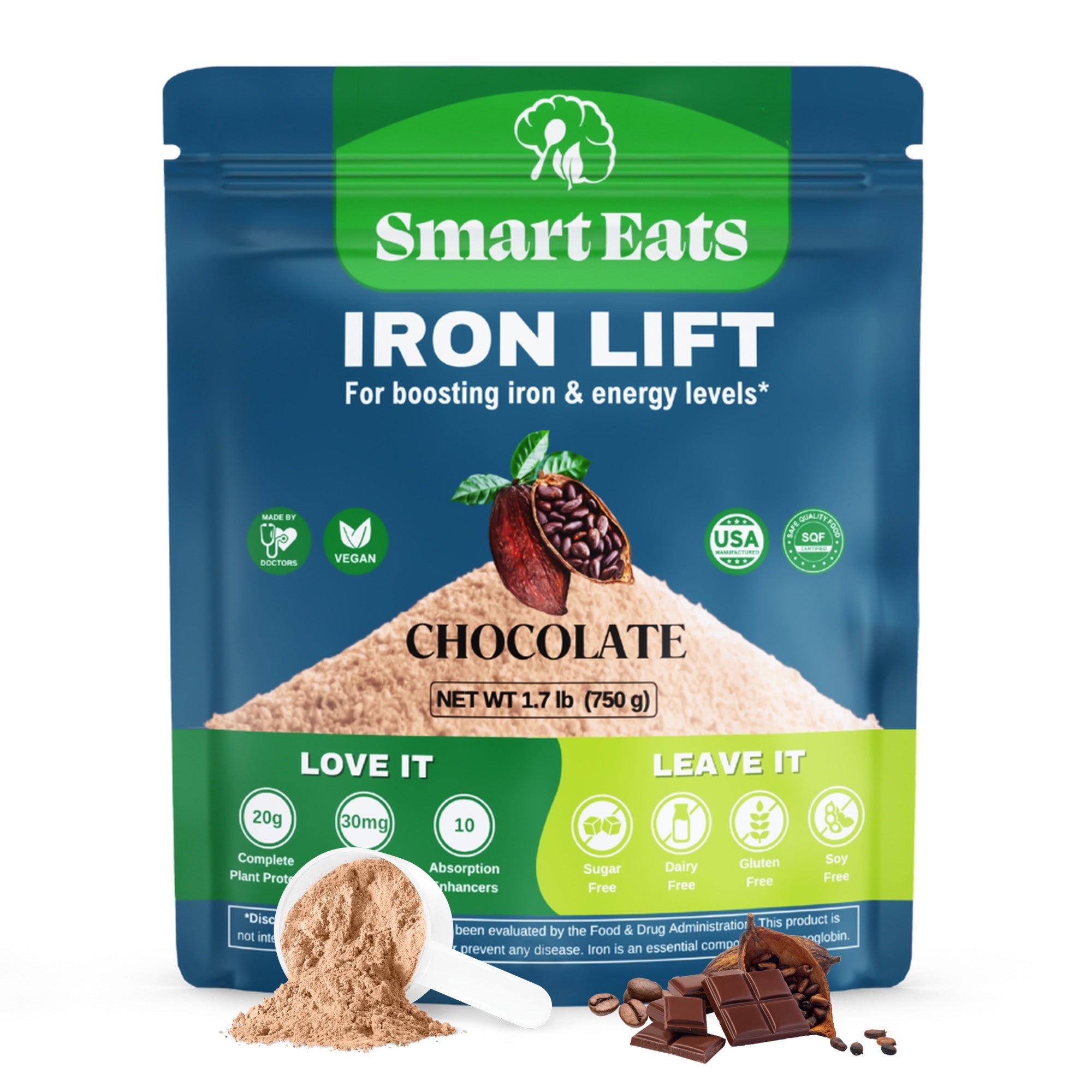IRON LIFT
HIGH IRON DRINKS
Boost energy levels without the miserable side-effects of other iron solutions. Make high iron drinks, smoothies, and juices for anemia and iron deficiency. Gentle and non-constipating iron powder that supports digestion and maximizes absorption. Blood-building vitamins help to combat anemia, and protein helps to support ferritin levels.
LEARN MORE
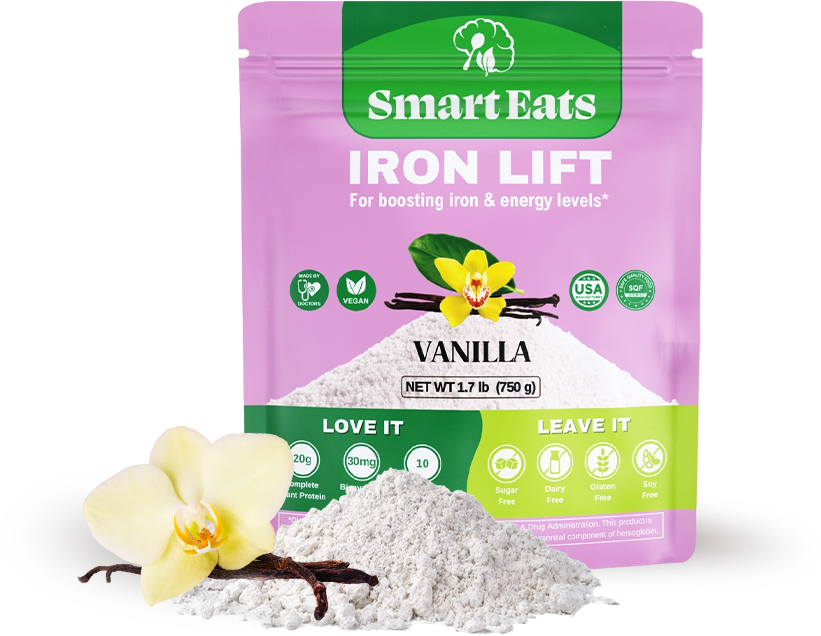
-
 Increase Energy
Increase Energy
-
 Improve Mood
Improve Mood
-
 Grow Thick Hair
Grow Thick Hair
-
 Promote Strength
Promote Strength
-
 Support Digestion
Support Digestion
-
 Fight Inflammation
Fight Inflammation
Low energy, often experienced as chronic fatigue syndrome, is the most common symptom of low iron. This occurs because iron is essential for transporting oxygen throughout the body, which is necessary for powering metabolism. Low iron results in low oxygen levels, leading to fatigue.
Low iron can cause a condition called pica, which is the formal name for craving and chewing non-food items, such as ice, dirt, paper, or chalk. Chewing ice, which is the most common type of pica, may help people with low iron feel more alert and mentally sharp. It's well established that low iron causes pica, but it's not fully understood why this occurs.
Low iron is crucial to beauty goals because it affects the hair, skin, and nails. The cells that grow new hair, skin, and nails rely on oxygen to do so. When the body is low iron, these cells are oxygen deprived. Iron also helps the body produce keratin and biotin, which are crucial components of hair, skin, and nails.
Low iron causes there to be a lack of oxygen in the body, which can manifest as shortness of breath. This can also drive the undernourished body into a protective state where feelings of dizziness occur in response to slight exertion, including after standing up.
LOW IRON?
Answer a Few Questions to Learn More
TAKE THE QUIZ
Low iron hinders proper blood flow and metabolism, both of which are crucial for maintaining body temperature and feeling warm. Poor circulation especially causes the hands and feet to feel cold.
Low iron affects many aspects of the brain and mental health. Low iron levels can prevent parts of the brain from getting enough oxygen, which can manifest as anxiety, depression, and brain fog (inability to focus). Iron also regulates neurotransmitters, including those that influence mood, and myelination, which is how neurons connect to each other.
Low iron can cause restless legs syndrome (RLS), an uncomfortable condition that causes sensations in the leg and urges to move, especially at night. RLS may be caused by low dopamine levels resulting from low iron. RLS is typically worse at night because dopamine levels naturally fall throughout the day.
WHAT OUR CUSTOMERS SAY
OUR TESTIMONIALS

